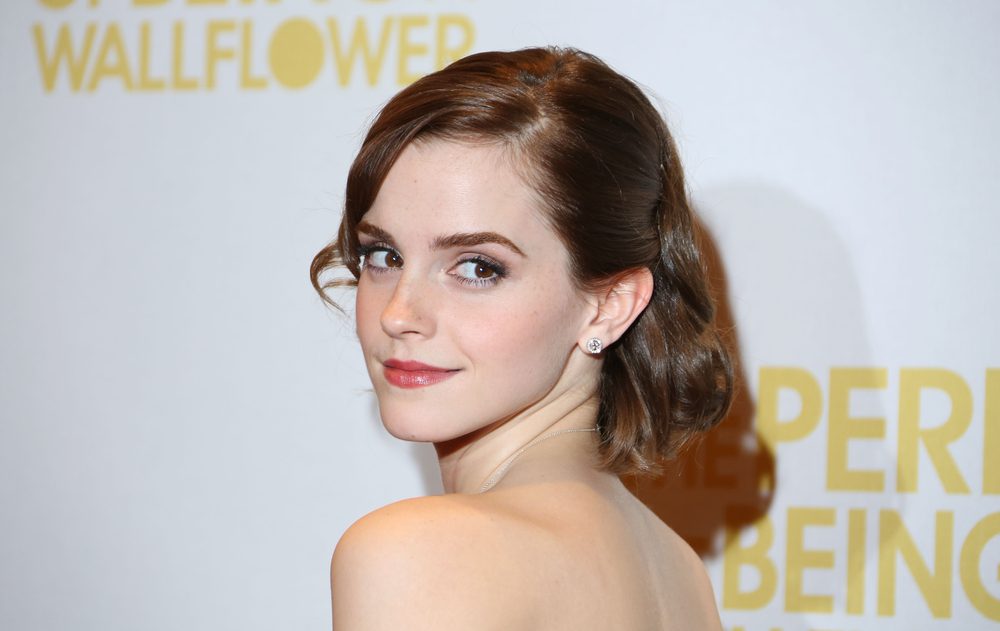
The best-selling children’s author J.K. Rowling, creator of the Harry Potter saga, has been on a downward spiral in the entertainment world for many months. She is paying dearly for posting controversial comments on social networks that were deemed transphobic.
Her novels have led to no less than eight film adaptations produced by Warner Bros—box-office successes that have brought in huge sums of money for the American studio, which has no intention of ending the Harry Potter saga on the grounds that the character’s creator made “unfortunate” remarks.
The question now arises as to whether the heroes of the series should return to the screen for a new opus, an adaptation of the play Harry Potter and the Cursed Child, composed in 2016. Chris Columbus, the director of the first two installments of the fantasy series, said to The Hollywood Reporter in an interview a few months ago that a version of The Cursed Child with Dan, Rupert, and Emma at the right age would be a kind of cinematic dream.
The young actress Emma Watson, who played Hermione Granger, Harry Potter’s faithful friend, is not opposed to the return, but is very concerned about her image with her fans and has set conditions: she will only assume the Hermione character if it is guaranteed that J.K. Rowling will not be involved in the film in any way. Watson does not want to be associated with the British novelist’s reprehensible words and is keen to give every possible indication that she conforms to the standards of contemporary Hollywood thinking.
On several occasions, Emma Watson has distinguished herself by her deliberately militant and feminist statements, especially directed towards J.K. Rowling and her remarks. She has perhaps overdone it, since some of her detractors do not hesitate to call her a “woke brat,” brilliant in her ingratitude towards the novelist who indirectly made her a star. At the British Academy Film Awards in March, she declared that she was the voice of “all of the witches,” a way for her to defend transgender people “scorned” by Rowling’s words. For some feminists, the non-heteronormative woman resembles the once-persecuted witch, who has taken on archetypal status as the victim of a dominant and oppressive patriarchal society.
Emma Watson’s request is therefore particularly daring. She intends to cross out with one stroke the person who made the series possible, and without whom she would never have achieved the fame she has today. But the star has no intention of settling, which puts Warner Bros in a quandary. The production company must indeed arbitrate between an actress who has contributed decisively to the success of the series, and the author, who gave birth to the series through her creative spirit. In June, Warner chose to take J.K. Rowling’s side: “She is one of the world’s most accomplished storytellers, and we are proud to be the studio that brings her vision, her characters and her stories to life now—and for decades to come.”The dilemma has not yet been resolved, and the Cursed Child adaptation may take some time to film, especially as Harry Potter actor Daniel Radcliffe is not keen to return to action either.
